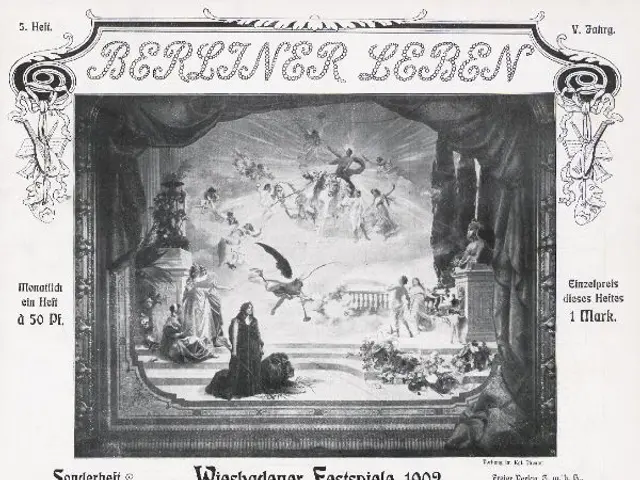Famous Korean actors and singers caution public about fraudulent social network profiles
In the world of Korean entertainment, the issue of fake social media accounts impersonating celebrities has been a long-standing problem. Recently, actor Son Suk-ku has spoken out against a fraudulent Instagram account posing as him, joining a growing list of Korean stars who have been targeted by impostors.
In February, Son had already disclosed that an impersonator was recruiting people into a group chat under his name. This imposter account, identified as sonsukku_01, had amassed 64,000 followers and displayed a blue verification badge, unlike Son's actual account, sonsukku, which does not carry a verification badge.
The sonsukku_01 account posted behind-the-scenes images from Son's projects and updates about his activities, often engaging with fans while pretending to be the actor himself. However, by Friday, the account was taken down.
Actor Ha Jung-woo has also warned about impersonating accounts on Instagram. Ha asked his followers to capture and send any impersonating accounts to him or his company's Instagram @walkhousecompany. Ha Jung-woo's official Instagram currently operates under the handle __hajungwoo.
Acclaimed Korean actors So Ji-sub and Jin Sun-kyu have also reported impostor profiles this year. Actor Lee Seung-yeon ("The Secret House," "Left-handed Wife") has also been targeted by a fake profile.
In an attempt to combat this issue, Han Byung-do of the Democratic Party proposed an amendment to the Act on Promotion of Information and Communications Network Utilization and Information Protection in July 2020. This amendment aimed to make impersonation punishable by up to one year in prison or a fine of up to 10 million won. However, the search results do not provide information about who is responsible for the adoption of this proposed amendment.
Korean law has limitations that make enforcement and punishment of impersonation challenging. Punishment for impersonation is generally only possible if secondary harm occurs, such as malicious defamation, financial losses, or the dissemination of false information. There has been backlash that punishing impersonation itself could constitute an excessive expansion of criminal authority.
In July 2021, the Korea Communications Commission commented on the proposed amendment, stating that punishing impersonation regardless of whether it causes harm to reputation or property could be seen as an excessive expansion of criminal authority.
Despite these challenges, it is clear that the issue of celebrity impersonation on social media is a significant concern for the Korean entertainment industry. Actors continue to speak out against these fraudulent accounts and urge their followers to be vigilant. As the industry and lawmakers grapple with finding solutions, it is essential that fans remain informed and aware of the risks associated with interacting with unverified accounts.
Read also:
- EU Member States cast their decisions
- Eighteen-Year-Old Speaks Out Against Lowering Voting Age to Sixteen
- King Charles's body language analyst dissects signs of apparent 'impatience' exhibited by Charles towards Trump
- Mohammad Yousuf publically labeled Suryakumar Yadav as a "pig," an unusual slur Yousuf explained.








